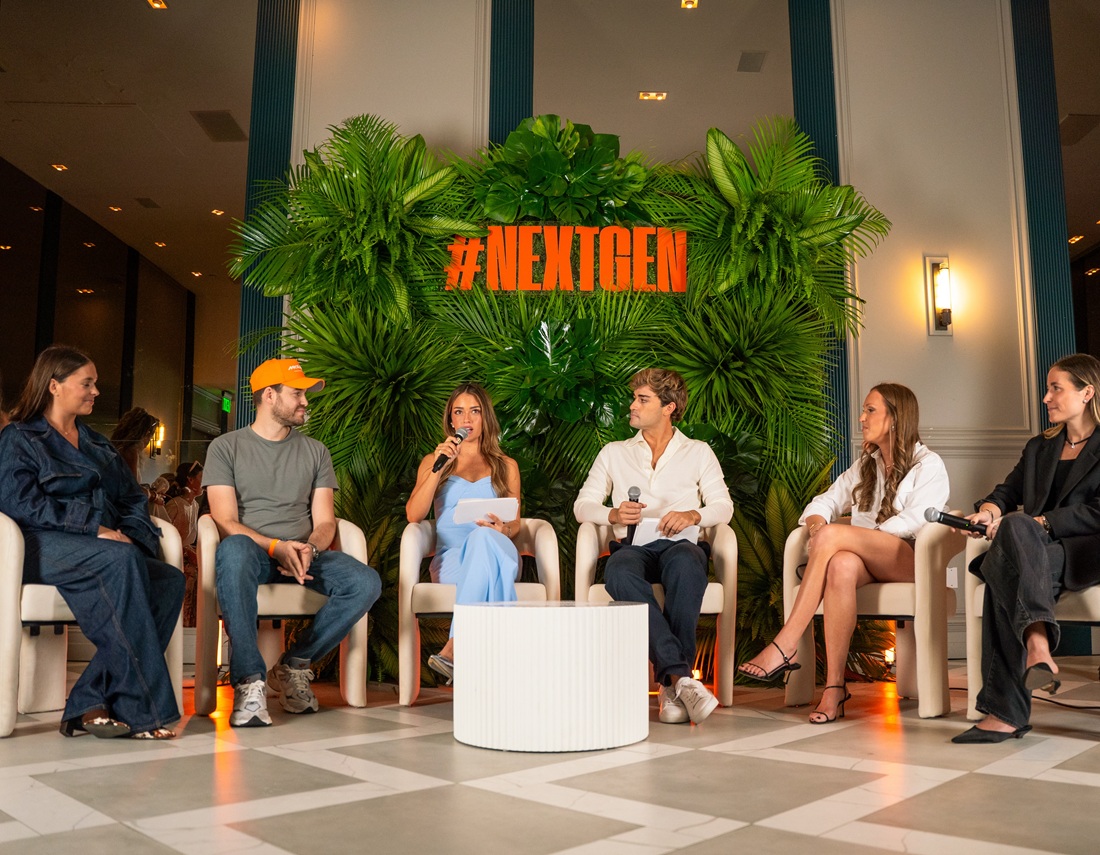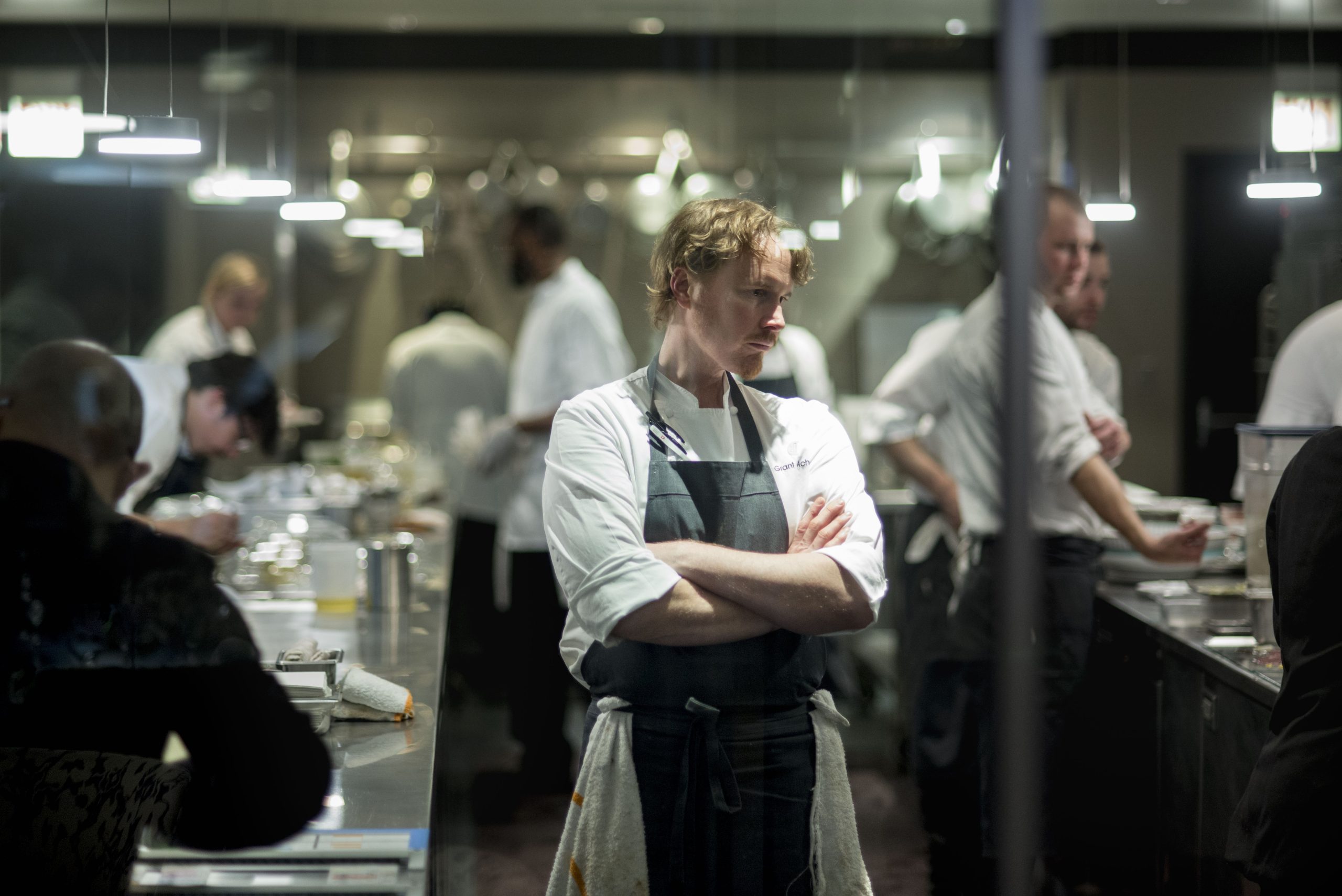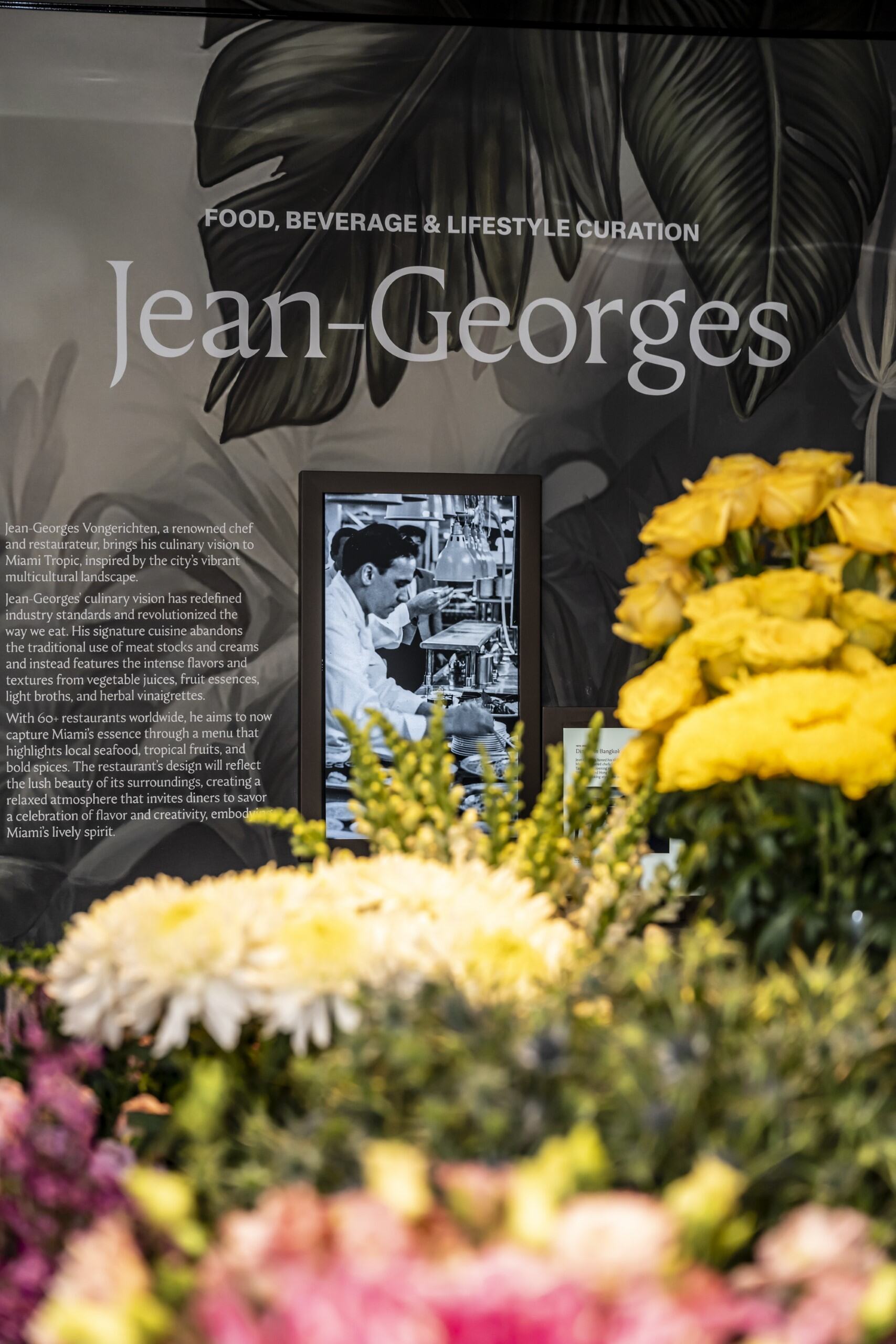Alonzo Mourning On Giving Others A Second Chance At Life
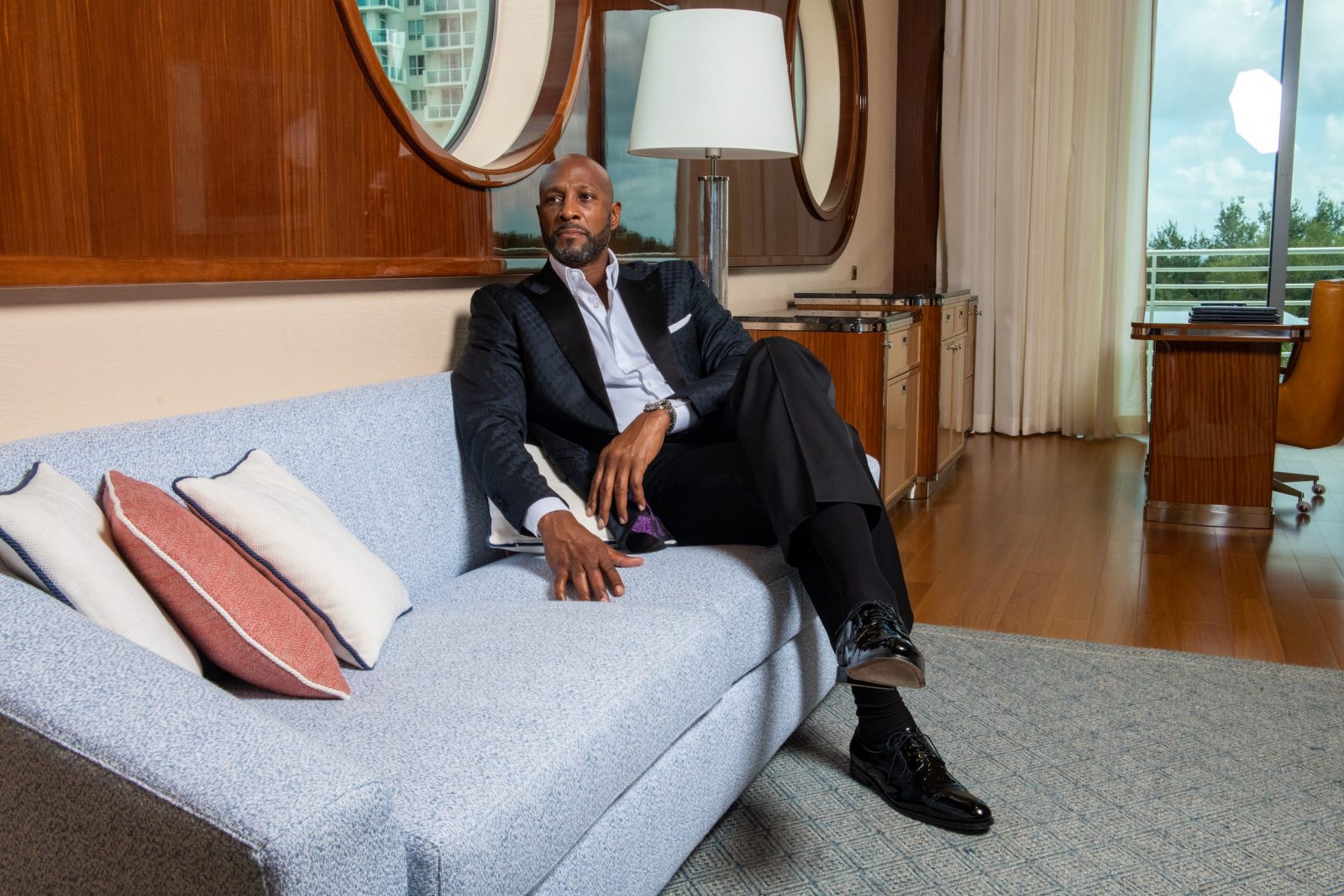 Photo Credit: Romain Maurice
Photo Credit: Romain Maurice
Photography: Romain Maurice
Grooming: Cesar Ferrette
Shot on location at Mr C Coconut Grove Presidential Suite
Alonzo Mourning firmly believes that everyone in life deserves a second chance. As we sit chatting prior to his Haute Living cover shoot for the annual Haute 100 issue—where he will be featured as the honoree guest—the philanthropist and NBA Hall of Famer candidly shares how he has gotten not one but two second chances at life. And therefore, he has made it his mission to bestow this gift upon others.
“I am the child of a broken home,” Mourning shares as we begin to discuss how his philanthropic journey commenced. “My mom and dad separated when I was just 11 years old. I went through a serious psychological crisis at that particular time. It was very rough for me, and I ended up falling into the care of Social Services and lived in a group home for about a year. And from there, I got picked up by a foster family.”
At that pivotal moment, Mourning’s life changed for the first time. “I was taken in by an angelic woman named Fannie Threet—she fostered 49 kids in her lifetime,” he shares. “And I am one of the lucky 49 kids that she helped develop. I am very fortunate that I was taken out of the system and given an opportunity to live in a loving, caring home where this woman taught me so much about faith and the value of education and how to be a man.”
The values that Threet instilled in Mourning are carried with him throughout the course of his life, shaping him into the man he is today and the values he holds that guide him on a daily basis. “The most important thing she taught me was helping me understand that my growth does not happen in isolation—it happens in community with your connections to other people,” he notes. “We all have the opportunity to help someone else.”
This was Mourning’s first encounter of selfless giving and witnessing the ability to change someone’s life. The second instance occurred when he was 32 years old and discovered that he had a rare, genetic kidney disease called Focal Segmental glomerulosclerosis. The disorder causes scarring in the filters of the kidney and typically requires dialysis or a kidney transplant. Mourning got the call for his second chance at life when his second cousin, Jason Cooper, generously donated his kidney to him for transplant. On December 19, 2003, Mourning underwent the kidney transplant, and he came out a better and healthier man who was more determined than ever to help change people’s lives.
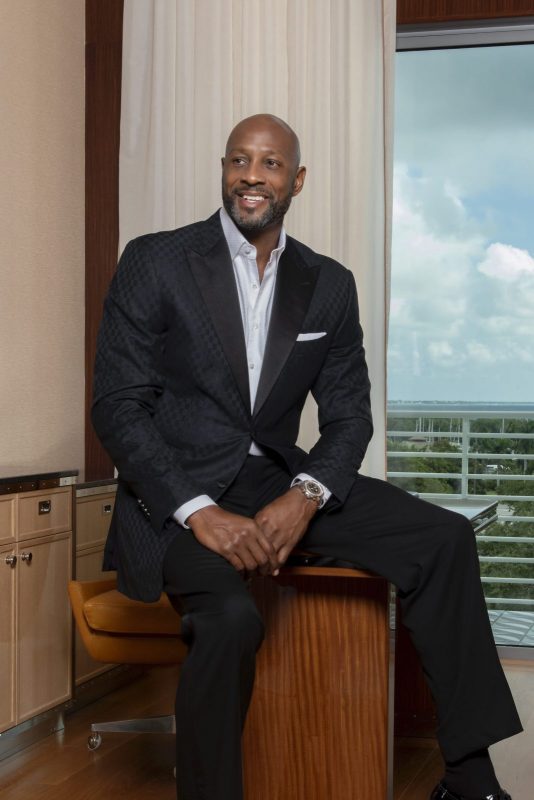 Photo Credit: Romain Maurice
Photo Credit: Romain Maurice
“I think about Miss Threet and my cousin who both gave me second chances at life. I am not one to believe in coincidences,” Mourning maintains. “I know that these blessings came about because I have a responsibility to do whatever I can to improve the lives of other people, especially young people.”
He views it as the law of attraction—the energy you’re putting out, you’re going to get back. And he felt that there was no cause more fitting for him to put his energy into than serving underprivileged children of low-income areas in Miami. He started this mission with the Overtown neighborhood, developing the concept of the Overtown Youth Center, which would serve young students, providing them with educational and emotional support.
“There’s a very large statistic of young people that are dropping out of school because they become victims of criminal-related activity, teenage pregnancy, drug abuse—the list goes on. I felt like I could have been one of those kids if someone didn’t give me a chance and the opportunity to live my life and accomplish my dreams and goals that I set for myself,” Mourning reflects. “It all started with an educational opportunity—the importance of education was instilled in me simply because of Miss Threet. I wanted to make sure that I exposed young people to the endless opportunities that you have by being a first-generation scholar.”
Mourning is well aware that this is much easier said than done—a large part of reaching these children is getting them to show up to school, encouraging them with confidence and letting them know that graduating high school and going to college is possible, contrary to what others may have told them.
“It all starts with breaking the cycle,” he explains. “Once we know that the kids are learning and enjoying fulfilling their dreams and passions, we know that they are going to encourage their kids and future generations to come. But it starts with breaking that first barrier down to get through.”
The Overtown Youth Center was conceptualized by Mourning, who enlisted the help and support of other philanthropic individuals in Miami who shared his vision. One man in particular—Martin Margulies—made it come to fruition for Mourning, as he put through the first round of $3.5 million in funding to create it, which opened up in 2003. Since then, the Overtown Youth Center has created a safe haven for young people in urban communities—not losing a single one of its children to gun violence and consistently graduating over 90 percent of high school students. Over the years, it has provided over 100 summer jobs and served as a constant resource for families—whether it’s through emotional support, helping young children navigate through life or just serving as a positive source of inspiration and motivation for the children.
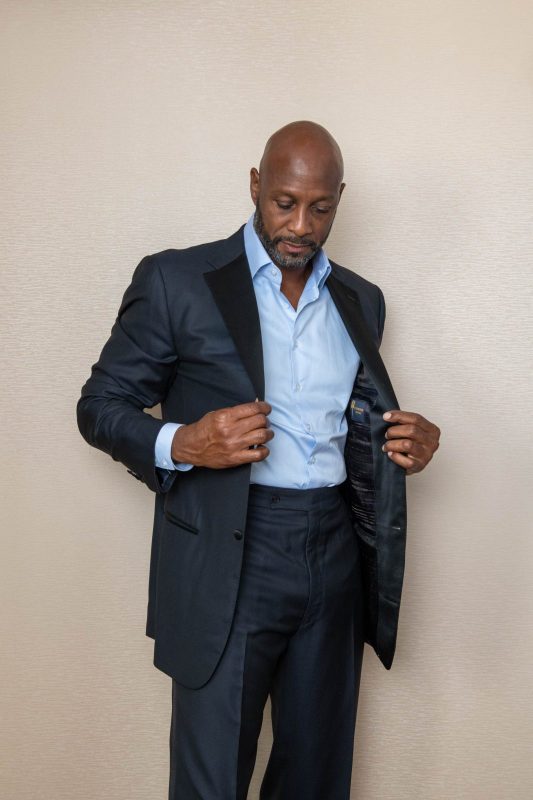 Photo Credit: Romain Maurice
Photo Credit: Romain Maurice
“We’re an all-encompassing program,” Mourning asserts. “It’s both in-school and after-school support, but it also includes what goes on outside of school boundaries. Some of these kids are dealing with mental and physical abuse. The public school system may not identify this because they don’t go and knock on people’s doors. We do that and we know that at-risk kids often go home to at-risk situations, and we find out what’s going on in the home and provide the necessary support for them to get out of these situations. We build up their self-esteem and confidence, and also let them know that there is someone who cares for them in their lives.”
A unique part of the Overtown Youth Center is that the support system does not come to an end once the children graduate from high school—they are still a part of the system until they reach the age of 25. This encourages the students to chase after their dreams, pursue a college education and land the job of their dreams with the help of its dedicated staff.
“It’s very important that we continue to support the students until they’re 25. You name a child that’s ready for life at the age of 18 or 22,” he questions. “Not too many. They still need someone to hold their hand and help them through this new process in life after graduation.
“We had a child that wanted to go into banking,” he continues. “Bank of America is one of our leading partners. Now, this young lady is working in one of the Bank of America branches because we helped support her. We also provided her with business attire and the proper preparation for this leap. That’s just one example of how we’re helping these kids accomplish their goals.”
While this all sounds impressive, Mourning of course is always dreaming for the bigger picture. This wasn’t enough for him. He wants to extend his reach even further and expand the Overtown Youth Center to help even more children—double the amount, to be exact. He launched another campaign, this time aiming even bigger and launched a $15 million campaign to build a 50,000-square-foot, state-of-the-art Family Resource Center in the Overtown community. Here, all services will be pro bono for the children and families in the community. In addition, it will also house a charter school.
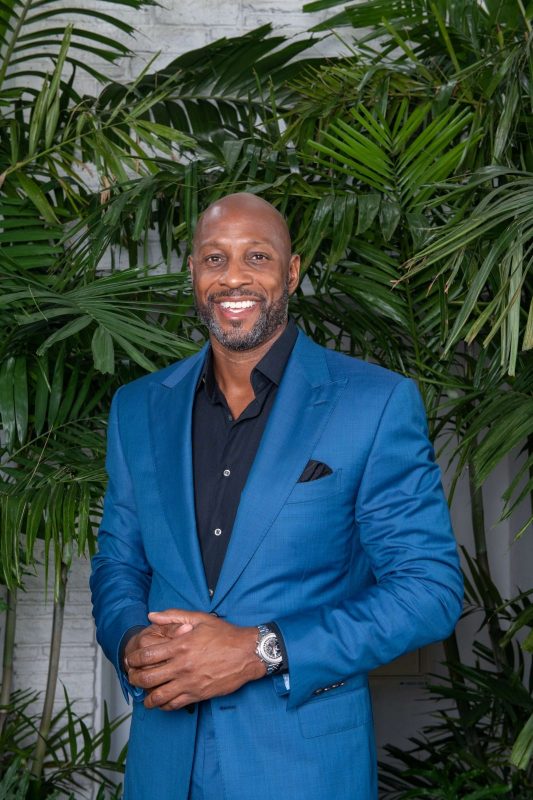 Photo Credit: Romain Maurice
Photo Credit: Romain Maurice
The new program aims at narrowing the gaps of poverty and achievement for youth and their families; expand programmatic services to 5,000 youth and families throughout economically disadvantaged communities; and strategically expand youth and family services in the area with unemployment services, vocational training opportunities, alternative educational solutions, collaborative programming and innovative family-service solutions.
And looking past this, Mourning wants to replicate this life-changing center throughout other impoverished neighborhoods in South Florida, and eventually throughout the country.
“My vision is, within the next 10 years, to see three more centers committed across South Florida,” he states. “There is so much need in these impoverished communities, and it is only going to get worse if we continue to ignore it. We have to do something to provide help and resources to help these communities take a step forward and aid them as they undergo gentrification.
“I’m a strong believer that every child has the ability to achieve success,” Mourning adds. “Many of them just don’t have the resources. Children are a product of their environment. If you put them in these positive environments, they are going to gravitate toward it. It’s as simple as that.”
The brand-new Overtown Family Resource Center is set to break ground on November 15, which is giving Mourning plenty of reason to be grateful and excited. However, this is just one big step in the overall legacy that he wants to leave in Miami—and throughout the U.S.
“It’s been a blessing for my family and I to be part of this beautiful community of Miami for 24 years,” he says. “The one thing I want to change, and leave with me, is for the people of Miami to understand that the only way for us to see positive change is to become the active participants in that change. That doesn’t mean you have to give material wealth to make a difference—you can give your time; you can give encouragement. Any man, woman or child can make a difference in the lives of individuals that need it most. They just have to make it a priority.”
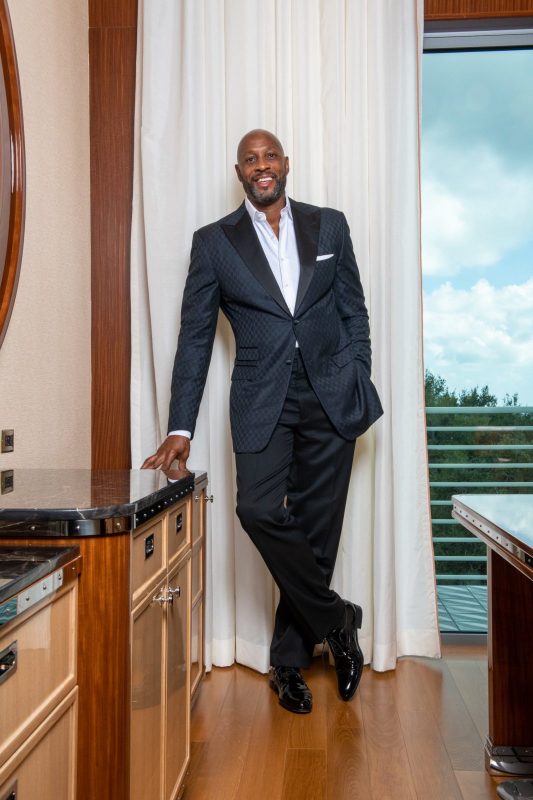 Photo Credit: Romain Maurice
Photo Credit: Romain Maurice





